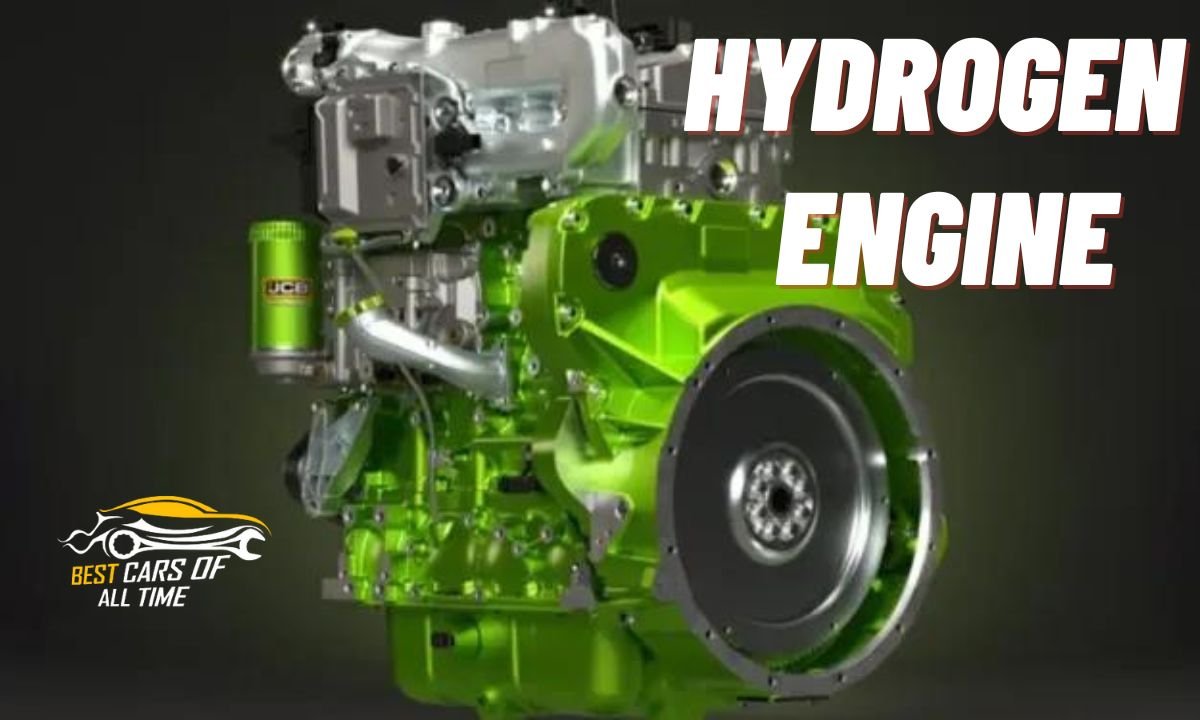It is not just any regular engines that we are discussing here. The hydrogen engine, also called Hydrogen internal combustion engine, is one of the talks of this era.
In the era of innovations and discoveries, Hydrogen gas is one of the most discussed energy storages in engineering. Just go through the article and be amazed to know about the engine, the strongest competitor of an EV.
Hydrogen as Fuel
Well, you know that we are getting close to burning all the fossil fuels day by day. Therefore, scientists have been searching for a sustainable alternative to fossil fuels for years. And the diligence of thousands of scientists did not go to waste.
Several alternative energy sources are created to release pressure on fossil fuels. And some of the sources, including
- Biogas
- Biomass
- Photovoltaic solar panels
- Wind turbine
- Hydro-electric power
- Hydrogen fuel
- Wave energy
- Geothermal energy
- Tidal energy
Among all these alternative sources, we consider hydrogen fuel as the most reliable one.
In terms of the flammability scale of the NFPA 704, hydrogen got 4. That means only four percent hydrogen is enough in the total volumetric ratio of hydrogen and air. Thus, it can be an excellent alternative to fossil fuels.
However, hydrogen is used as fuel in terms of another purpose, that is, producing electricity. Hydrogen is a great energy storage from which you can produce electricity.
Now, let’s do some brainstorming. How does hydrogen gas produce electricity again?
Well, the process through which we get electricity from hydrogen is just the opposite of electrolysis. Here, hydrogen from the hydrogen tank passes through one side of the cell, and oxygen passes through another side.
However, these two gasses are separated by a proton exchange membrane. When passing through the catalyst, hydrogen releases an electron that goes through the wire that connects the two catalysts.
On the other hand, after releasing the electron, the hydrogen cation or proton goes through the proton exchange membrane and reaches oxygen. After reaching the other side, hydrogen cations, electrons, and oxygen gas react and create water.
Here, the electron flow is the point. We get the electricity that can be used to run electric motors.
Basics of Hydrogen Engine
At this point, you know how to use hydrogen gas as an energy storage device. But how about using this gas as fuel for an internal combustion engine?
Well, you can use it in an IC engine as fuel as its flammability rate is near gasoline. Moreover, unlike gasoline, hydrogen gas does not have any hydrocarbons. So, the emission will be carbon-based molecules free.
The process is just like the process in a gasoline engine, or you can say an SI engine. The mixer of hydrogen and air enters the engine cylinder. At the end of the compression stroke, the spark plug gives an electric spark. That’s it.
In the presence of oxygen and hydrogen, combustion occurs, which creates expansion or working stroke. However, the game-changing difference between a gasoline engine and a hydrogen engine is the emissions.
In a gasoline engine, the emission is a massive problem. The byproducts of this fuel include carbon dioxide, carbon monoxide, NOx, SOx, heavy metals, carbon particles, etc.
On the other hand, you get only water as the byproduct of hydrogen engines. However, there are problems as well. In a hydrogen engine, the working temperature rises to a thousand degrees Celsius.
Oxygen is not the only element that goes into the engine cylinder with hydrogen. As air comes from the atmosphere, it contains nitrogen as well. Though at a low temperature, nitrogen acts like an inert gas, at a temperature above thousand degrees, it reacts.
As a result, you get harmful products such as NOx. However, it is still better than a gasoline engine as the emission of a hydrogen engine is far less.
Current advances in Hydrogen Engines
After all these you studied here, if you are a nature lover, you may be thinking of buying a car with a hydrogen engine. But the reality is quite different. Most car manufacturers do not manufacture hydrogen-powered vehicles but EVs.
However, there is still hope. Toyota can fulfill your wish. The company has developed a hydrogen-powered car, and it will soon be on the market. According to the company, it will go up to 300 miles with only five kg of hydrogen.
The company also talked about the emission from this car. According to them, the car will only emit water as a byproduct. Therefore, it seems like the company has found a way to eliminate NOx emissions.




